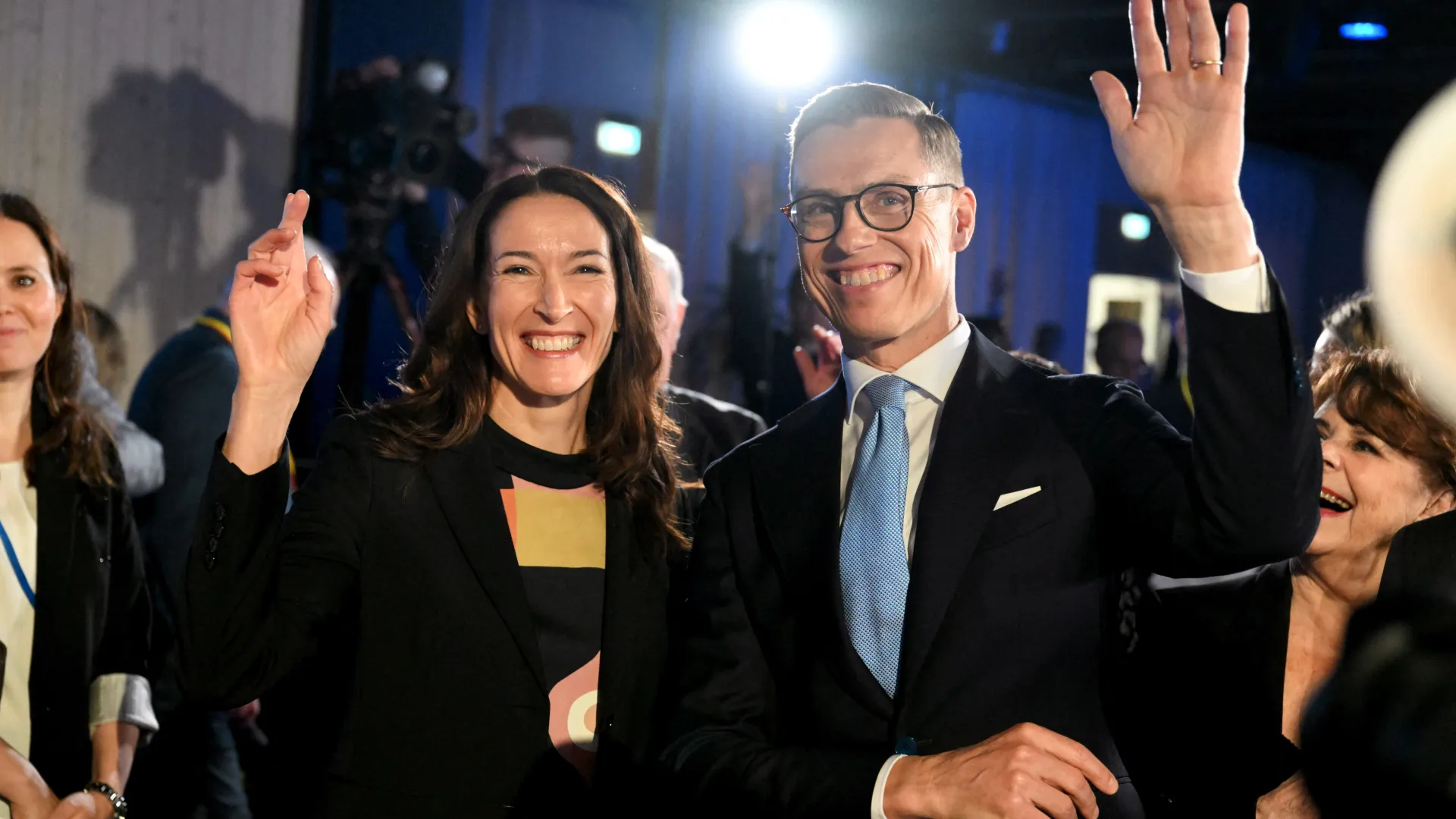In a pivotal moment for Finland, voters took to the polls on January 28 to elect a new President, recognizing the growing significance of the office, particularly in the face of heightened tensions with neighboring Russia following the invasion of Ukraine. While the President’s powers are circumscribed, the role as the head of state, coupled with the position as the supreme commander of Finland’s armed forces, plays a crucial role in shaping foreign policy in collaboration with the government. Against the backdrop of an evolving geopolitical landscape in Europe, the elected President’s primary responsibility will be navigating the complex and delicate relations with Russia.
The election unfolds at a time when Finland faces pressing challenges and opportunities on the international stage. The winner will have the responsibility of steering the nation through a period marked by shifting geopolitical dynamics, where diplomatic acumen and strategic foresight will be paramount. The invasion of Ukraine has heightened concerns, and the role of the President as the supreme commander of the armed forces underscores the importance of a strong and cohesive leadership in safeguarding national security.
The Finnish electorate’s choice will not only impact the country’s domestic policies but will also shape its approach to international affairs, especially in dealing with Russia and contributing to the broader European geopolitical landscape. As the election results emerge, the world will be watching closely to discern how Finland positions itself amidst the evolving challenges and opportunities that define the contemporary global political arena.






